
Former Director-General of the Nigerian Maritime Administration and Safety Agency (NIMASA), Temisan Omatseye, has criticised Nigeria’s longstanding failure to develop a robust maritime sector despite decades of crude oil exports.
Speaking at the Nigeria Maritime Conference and Exhibition (NIMAREX) 2025, on the topic “Repositioning the Nigerian Maritime Industry Strategic Collaboration for Sustainable Growth and Global Competitiveness :The Private Sector Role”, Omatseye said Nigeria missed a historic opportunity when the Nigerian National Petroleum Corporation (NNPC) chose to sell crude oil on a Free-On-Board (FOB) basis instead of Cost, Insurance and Freight (CIF).
According to him, the policy prevented the growth of indigenous shipping capacity and denied Nigerian vessel owners access to global financing.
Omatseye noted that if Nigeria had adopted CIF or granted first refusal rights to Nigerian shipowners, local operators would have built credibility with international banks.
He also criticised emerging practices at the Dangote Refinery, expressing concern that the facility had not made any deliberate effort to support industrial shipping. He revealed that about 600 vessel movements, both inbound and outbound were recorded from the refinery recently with no participation from Nigerian shipowners. Instead, he said the refinery relied on foreign vessels allegedly sourced from Angola and other countries.
Omatseye warned that overdependence on foreign shipping lines exposes Nigeria to geopolitical risks. Citing U.S. sanctions against Iran and Russia, he questioned Nigeria’s preparedness if global powers were to impose restrictions on the country’s oil and petroleum exports.
Highlighting broader challenges across Africa, Omatseye noted that several countries, including Guinea-Conakry, are advancing port and rail infrastructure while Nigeria struggles with cargo evacuation, inadequate shipyard activity and undeveloped inland waterways.
He identified financing as one of the biggest obstacles facing African shipowners, noting that international maritime regulations approved by the International Maritime Organization (IMO) continue to raise compliance requirements, often beyond the financial reach of indigenous operators. While Nigeria’s laws provide strong support for local shipowners in theory, he said enforcement remains weak.
Calling for urgent reforms, Omatseye urged the government to prioritise shipping as a cornerstone of national economic security. He emphasised job creation potential in seafaring, shipbuilding, marine engineering and logistics, arguing that Nigeria must take control of its maritime destiny.
He praised Aviation Minister Festus Keyamo for his stakeholder-focused leadership approach and encouraged similar engagement in the maritime sector.
Omatseye warned that Nigeria’s future prosperity depends on sustainable investment in shipping, and appealed to policymakers to act in the interest of the next generation.
“He who controls the cargo controls the ships. The country lost that opportunity due to poor decision-making and weak excuses.This is a private-sector-driven industry. We must allow those who feel the pinch to drive the policies.”





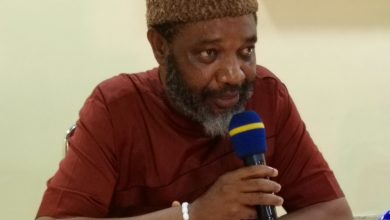
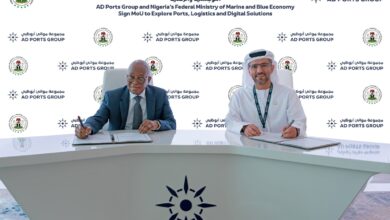
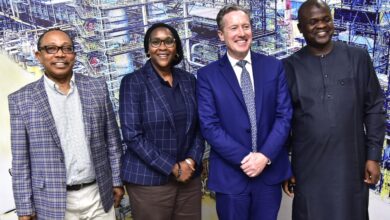
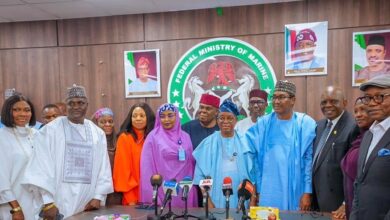
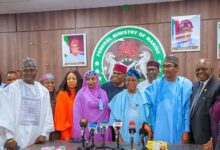

4y3bo8